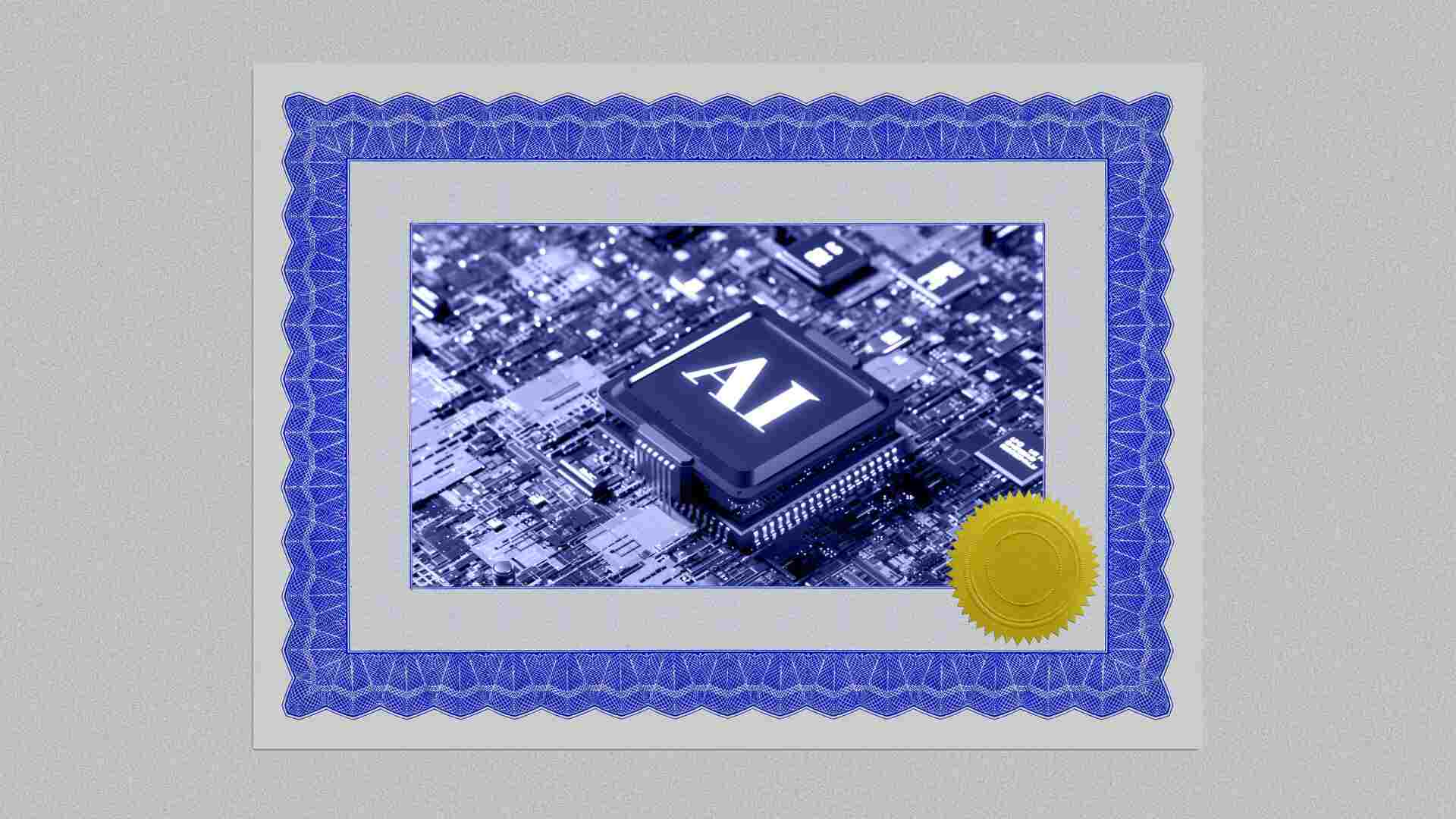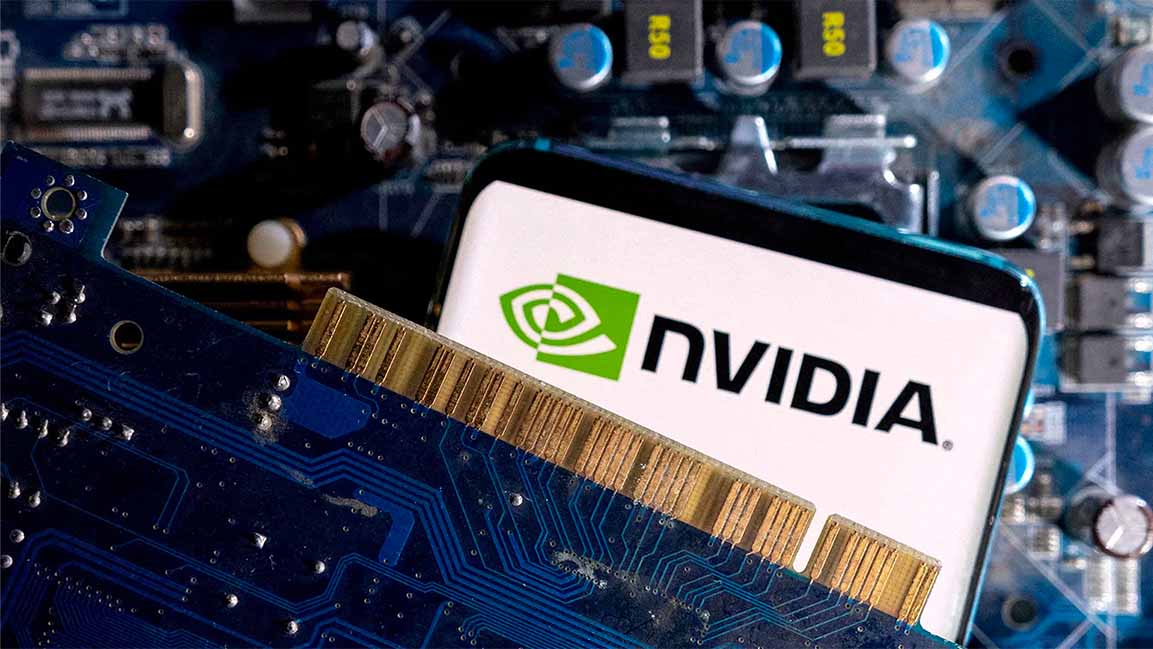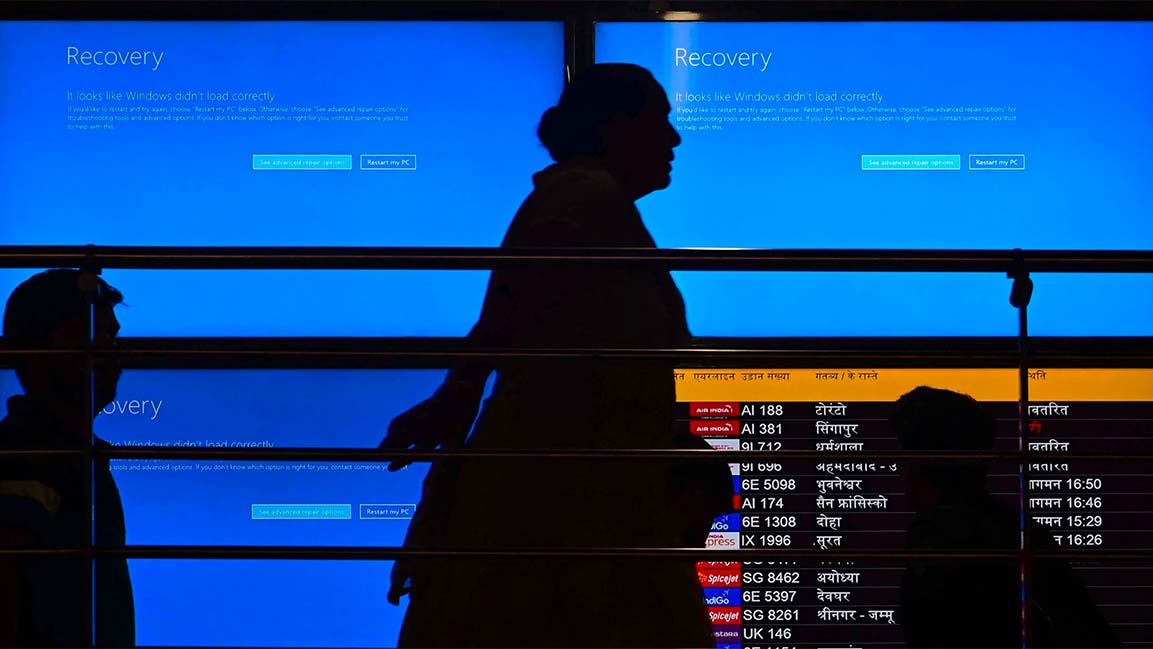- | 8:00 am
Big Tech is on a generative AI hiring spree
The real measure of a company’s AI ambitions isn’t how many Nvidia H100s it has, but how many PhDs it employs.

Tech companies are on the hunt for unprecedented numbers of computer science people—many of them PhDs—to build and apply generative AI systems. But such talent is in limited supply.
Five of the major AI employers—Apple, Google, Meta, Microsoft, and OpenAI—are hiring 501 generative AI roles between them, according to their corporate job boards, as well as 1,725 people in the broader field of AI and machine learning.
It’s unlikely this hiring spree will cool anytime soon: The World Economic Forum predicts that the employment of AI and machine learning specialists will grow 30% by 2027.
Below, a few highlights from the various companies’ job boards:
- Meta is hiring 174 people to discover and apply new generative AI technology. Some of these positions sit within the company’s AR/VR group, suggesting that future headsets may generate video scenery within the user’s world view. Meta’s Foundational AI Research (FAIR) group, is hiring 44 positions.
- Google is hiring for 75 roles that focus directly on generative AI, and 23 of them require or prefer a PhD.
- Microsoft is hiring 134 people to research and apply generative AI. A search for general AI and machine learning roles yielded 240 listings.
- OpenAI is hiring 73 research, development, and engineering roles, 33 of which are researchers who work directly on generative models (including safety and alignment), while 31 of the roles are for engineers who build products and features around the models. OpenAI doesn’t specify educational requirements in its job listings.
- Apple was slower to embrace generative AI than its peers, but the company appears to be correcting course now. It’s currently trying to hire 368 people for jobs in natural language processing, reinforcement learning, computer vision, applied research, and AI infrastructure roles. At least 54 outstanding positions are focused at least in part on generative AI systems such as chatbots or video/image generation. Most roles ask for an MS or PhD in computer science or a related field.
Those are just some of the big players. Many AI researchers have left large tech companies for promising AI startups, attracted by the chance to see their research showcased in actual products, not just research papers. As competition for top AI talent increases, startups are now offering top researchers salaries approaching seven digits, Jonathan Userovici of the VC firm Headline recently told Pitchbook. And to close the deal they often must offer up to three times the equity normally granted to early employees.
Many of the AI job listings put a premium on experience with building models and infrastructure. Building, training, and steering models—especially generative AI models—depends on trial and error, and every trial and error costs money, so it’s valuable to have people who have gone through similar processes at other companies.
U.S. universities minted 2,188 PhDs in Computer Science, according to the National Science Foundation’s 2022 Survey of Earned Doctorates, down slightly from 2,194 from the previous year. Just 205 of the 2022 PhDs specialized in AI, up from 165 the previous year. All these numbers, experts say, are rising, and more than 2,500 computer scientists are likely to get their PhDs in 2024.
“Tech jobs have specialized training and educational needs that continue to evolve due to advancements such as generative AI,” Deloitte analysts write in their 2024 Tech Industry Outlook. “Redistributing talent pools likely means partnering with universities and engineering schools; working more closely with local tech schools, vocational schools, and community colleges; and supporting national institutions that promote STEM fields.”








































